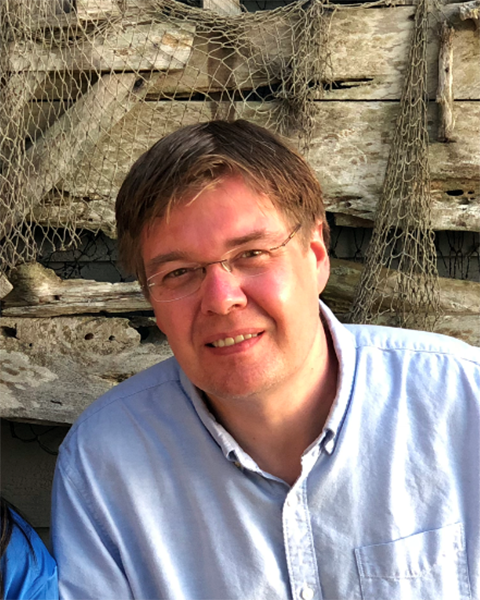
Phil Wolff, a professor in Emory’s psychology department, recently co-wrote an article for Nature Partner Journal (NPJ) describing research that was made possible, in part, due to a collaboration with the LITS AWS at Emory team.
Phil’s research involves a machine learning approach to predicting psychosis using semantic density and latent content analysis. The article was published in NPJ Schizophrenia, which is a journal that publishes high-quality research relevant to all aspects of schizophrenia and psychosis.
Phil was originally referred to LITS by Emory’s College of Arts and Science (ECAS) IT after attending an AWS at Emory talk. He subsequently enrolled in their pilot program, received seed funding from LITS, and benefited from extensive support from Chris Riddle (cloud solutions engineer) to conduct his analysis in AWS.
This accomplishment speaks to AWS at Emory’s effort to engage the local IT community to identify early adopters, and to grow successful adoptions with pilot funding. It also showcases Chris’s effort (3 or 4 hours a week) to support Phil’s work.
“We are on the cusp of a new kind of behavioral research,” says Phil. “Machine learning and cloud computing are allowing us to detect the subtle patterns of behavior that are predictive of future health and well-being. They are enabling a kind of ‘data mining of the mind.at The computing resources made available through Emory’s Amazon Web Services made it possible to investigate an entire range of linguistic bio-markers that could not otherwise be investigated.”
You can read the article at https://www.nature.com/articles/s41537-019-0077-9.
Leave a Reply